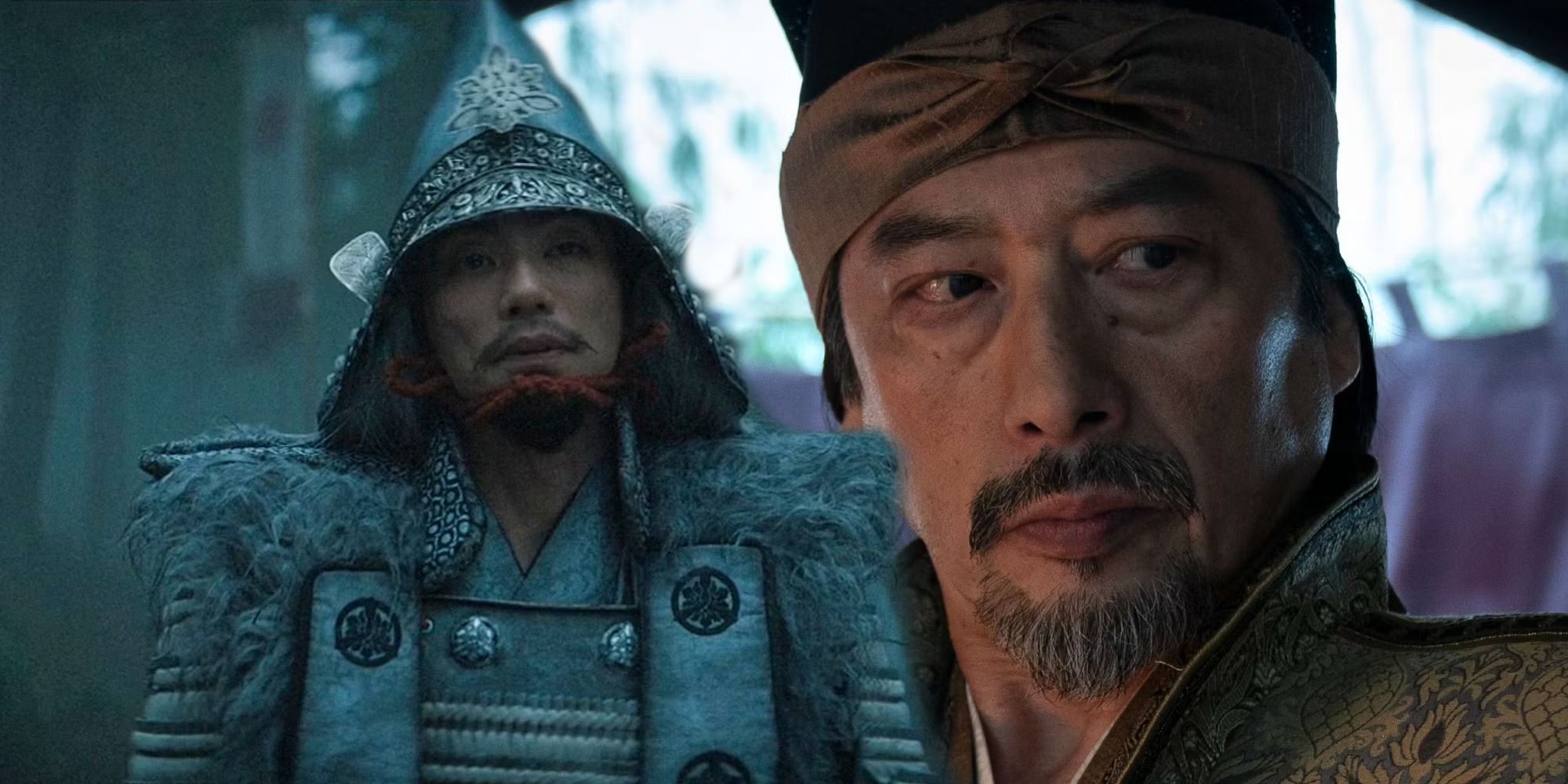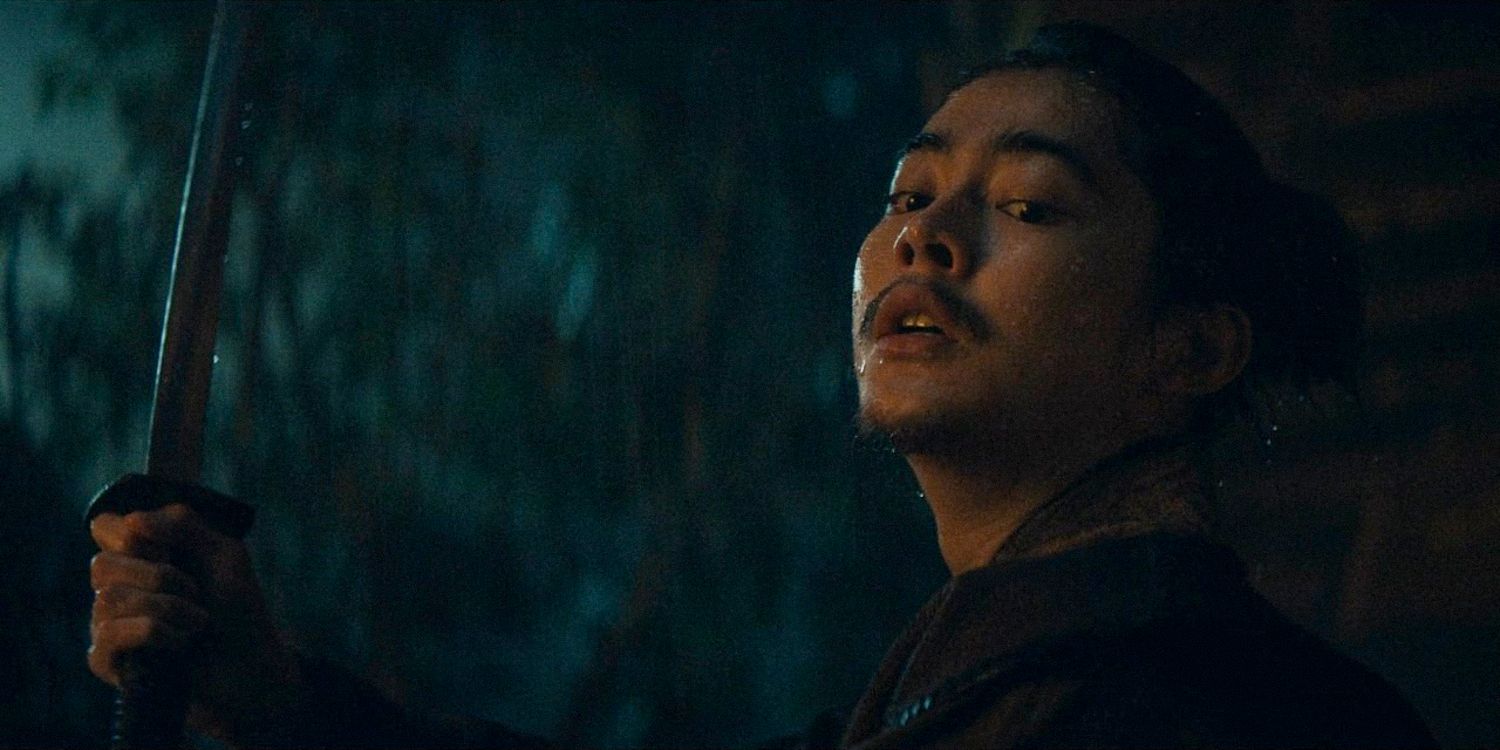Shogun showrunner Justin Marks explains episode 7’s major book change, revealing why it made sense to alter certain events from the novel.

Shōgun showrunner Justin Marks defended a shocking decision made in episode 7, creating an event that doesn’t actually happen in the original novel. At the end of episode 7, Toranaga’s son Naga attacks his uncle, Saeki, in the middle of the night. However, things go awry before he can slay the treacherous leader, as he ends up slipping on wet rocks, hitting his head, killing him. This scene is absent in James Clavell’s original work, though, with Naga simply falling into the background.
Speaking with Decider, Marks defended the decision to kill Naga at the end of Shōgun episode 7. The showrunner explained the importance of the new decision and how they got permission from Michaela Clavell, daughter of the original novel’s author. Check out some of what Marks had to say below:
There is an area of the book…where that was the hardest area to adapt [Episodes 6, 7, and 8]. We had to make some conflations…. How do we distill this and, you know, kind of draw a point to it? There are a number of characters in the book who kind of just exited stage left without really a goodbye, so to speak.
How Naga’s Death Adds More Tension To The Rest Of Shogun

Throughout episode 7 of the historical drama, Toranaga is backed into a corner, Saeki revealing that he has allied himself with the Regents, and is now the new fifth member of their council. This forces the now-weakened ruler to accept going to Osaka with both his half-brother and Ishidio, whose men arrived during the betrayal. All of these political moves result in Naga – who had been ordered to kill himself in the ordeal – attacking his uncle in a fit of rage.
Death follows the series continuously, such as Mariko still wanting to die because of her family heritage and the threat of demise following the entire situation Toranaga now finds himself in. However, for his son to now be dead after attacking his own uncle, it could serve as an influence for the Lord of Kantō to figure out a new strategy that will allow him to win. His son’s death serves to make the story that much more intense, making it unclear what he will do when he finds out what transpired.
Given how gruesome Naga’s Shōgun death was, this will no doubt increase the anger he has toward both his brother and the Regents as he realizes how much he is going to lose by surrendering. By killing his son off, it may finally give him the will to fight, knowing that, even if they don’t, they are all going to die anyway. Perhaps his son’s brash act will lead to him finally pushing back against his enemies, even in the face of not knowing if he will win.





